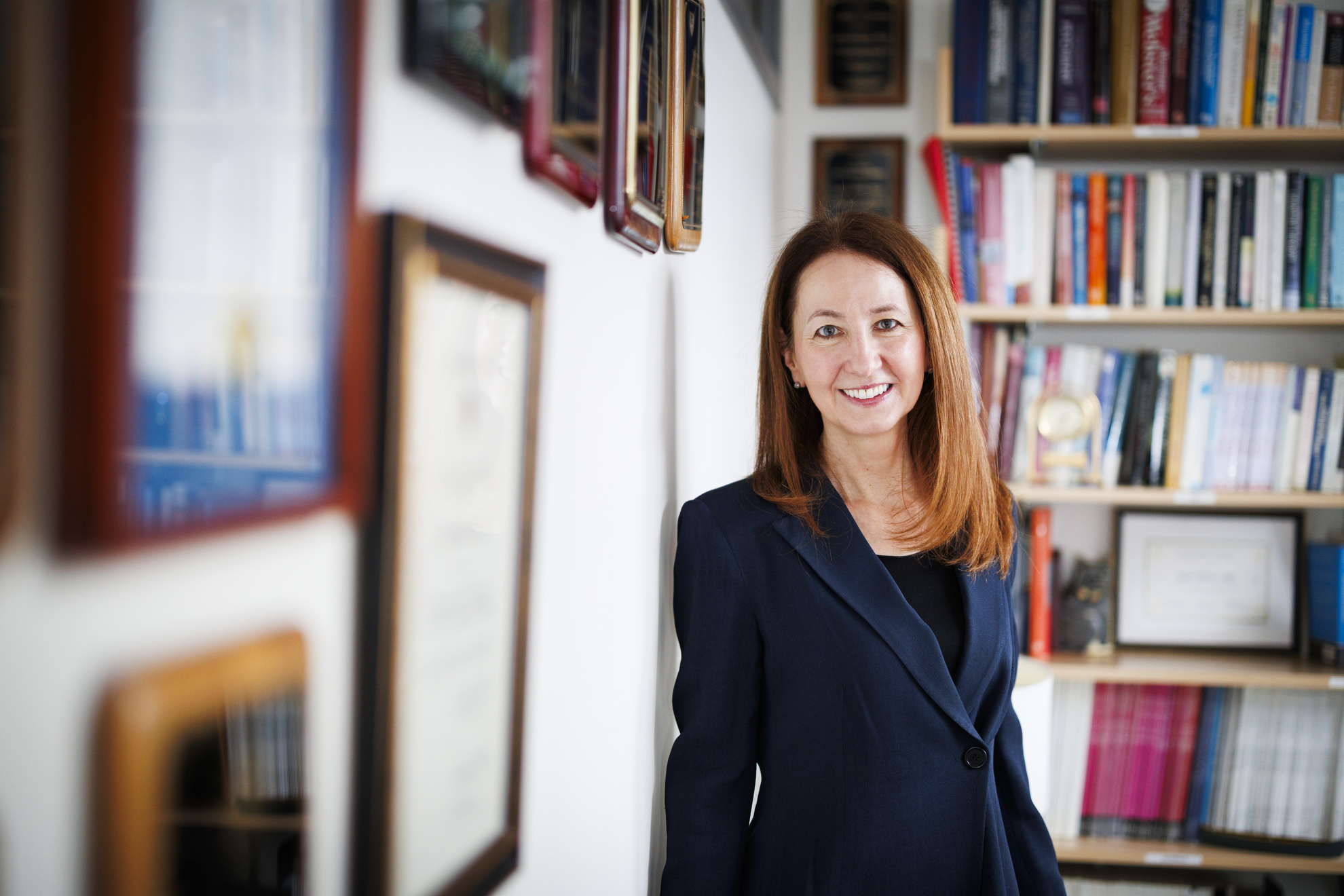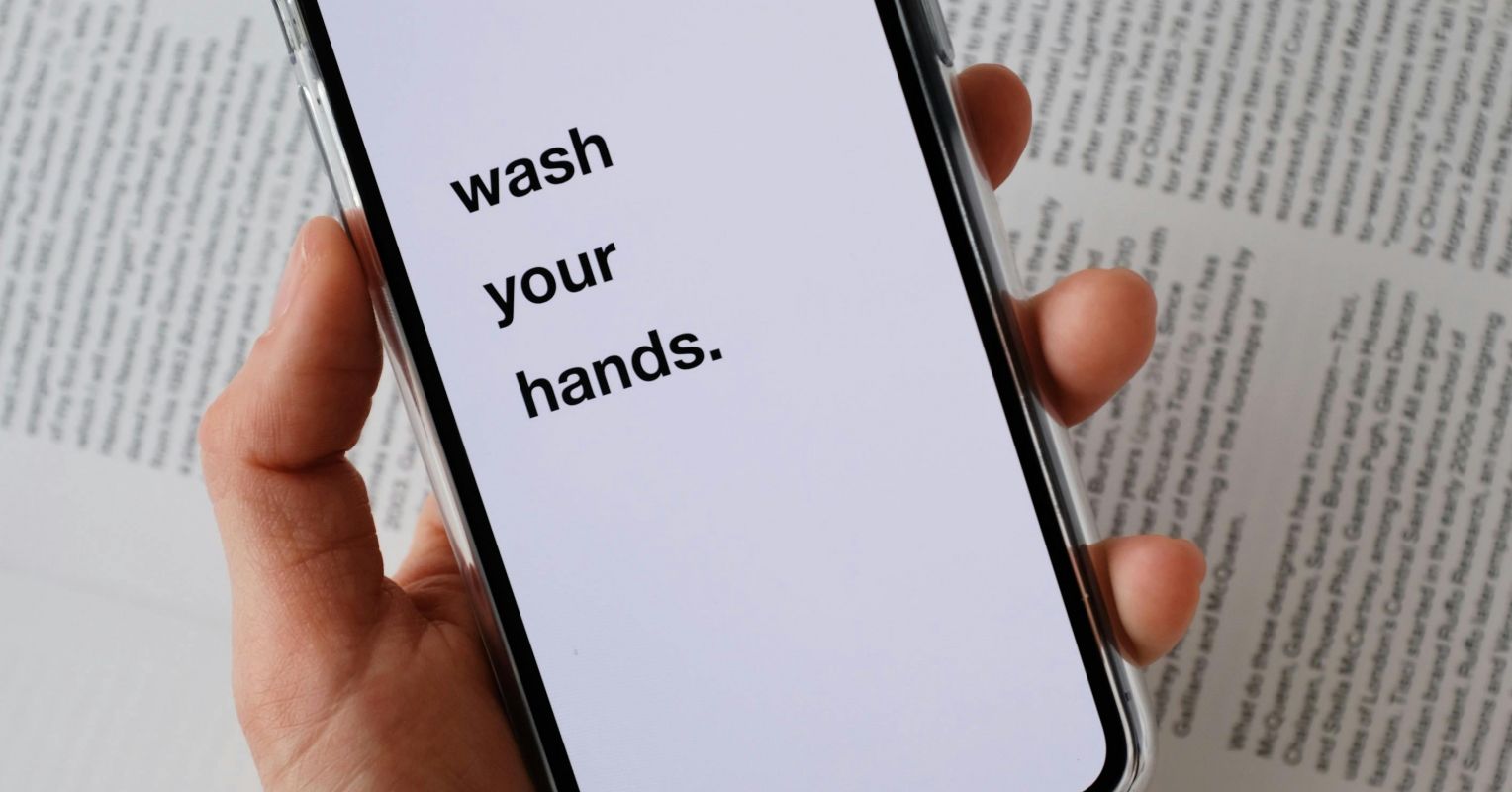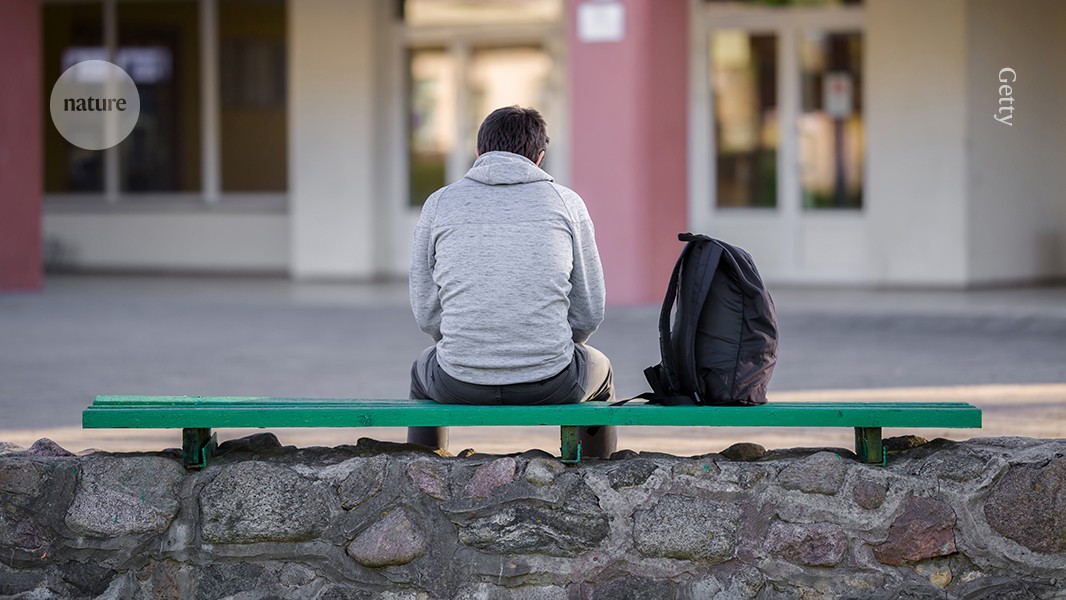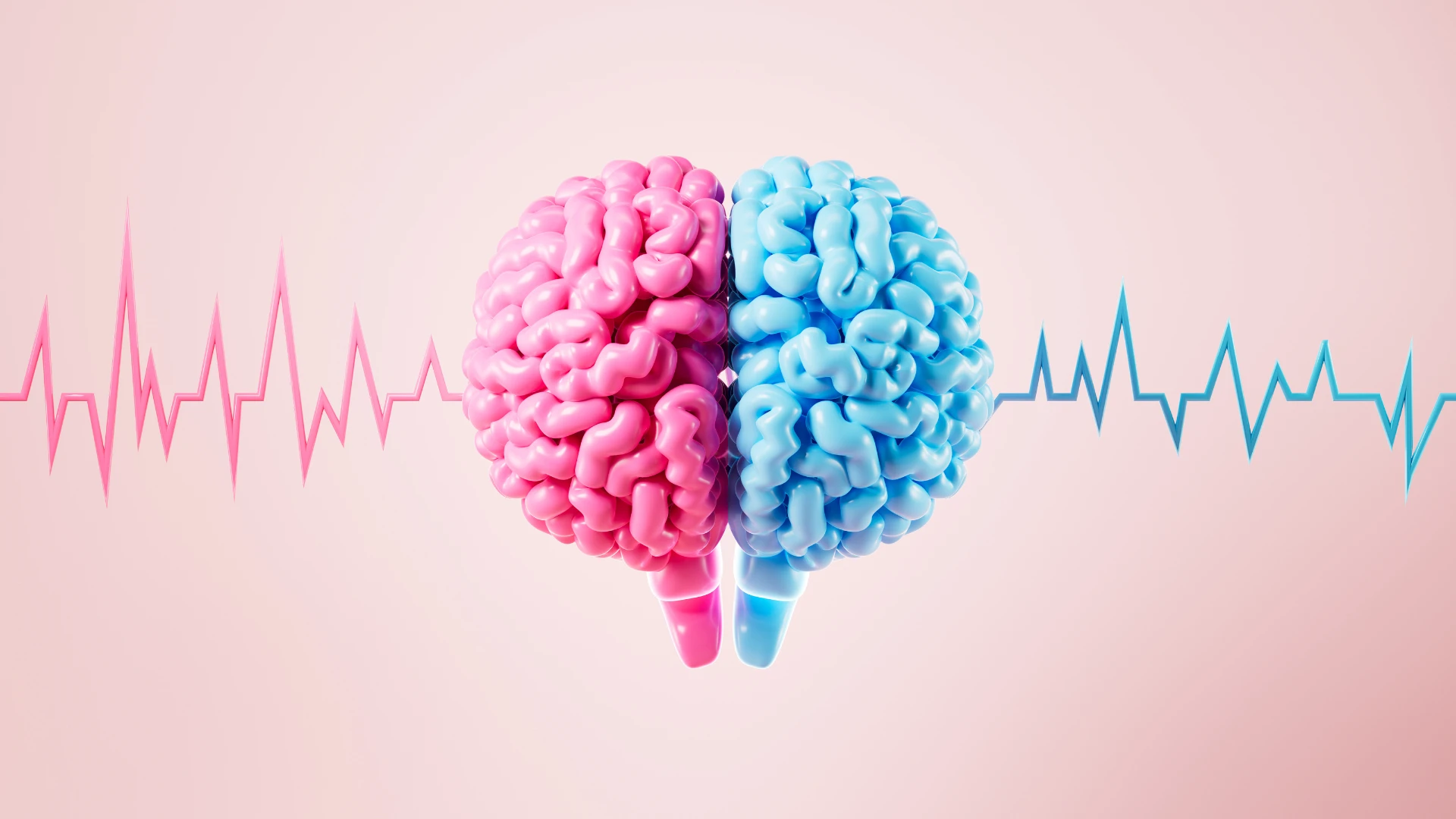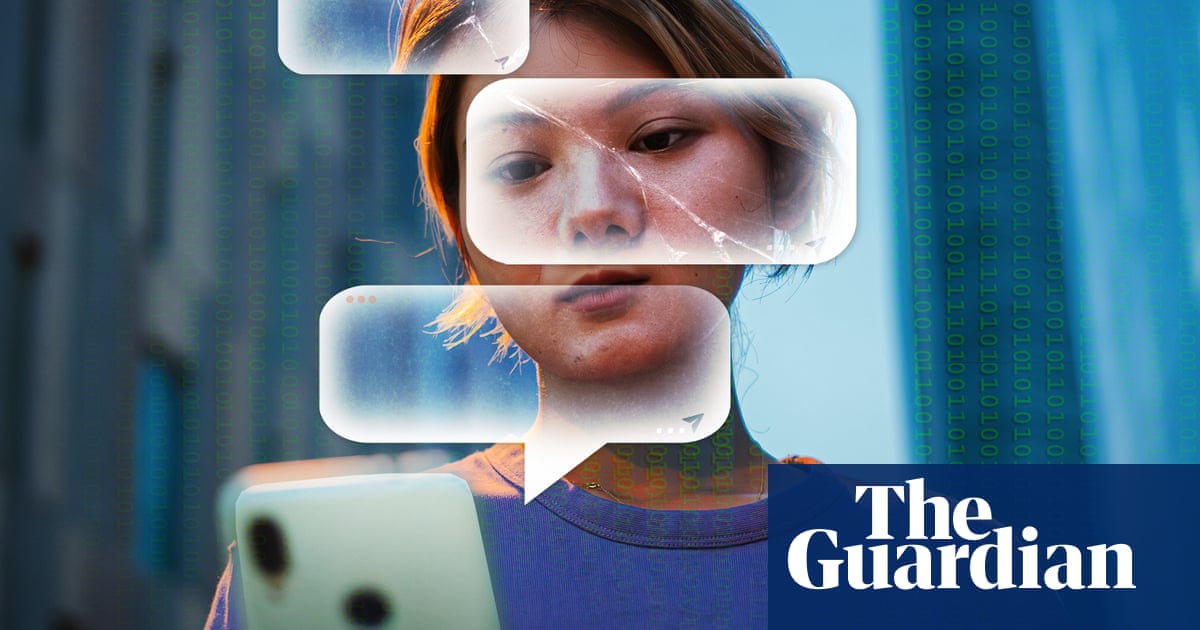#access-to-care
#access-to-care
[ follow ]
#mental-health #telehealth #nursing-homes #ocd #cognitive-behavioral-therapy #ai-chatbots #youth-mental-health
fromBustle
5 days agoI Didn't Realize My Mental Health Would Cost $20,000 a Year
Sometimes, you don't need to think about your brain. It just... runs. You wake up, remember your passwords (mostly), answer emails without crying (ideally), sleep at night instead of staring at the ceiling replaying a weird thing you said in 2016 (actually), and generally move through the day without feeling panicked, sluggish, or sad.
Mental health
fromApp Developer Magazine
1 year agoAI becomes a go-to health resource as hospital access strains
As OpenAI launches ChatGPT Health, allowing users to connect medical records and wellness apps for AI-driven health guidance, a new survey from Drip Hydration confirms Americans are increasingly turning to AI for medical advice. The nationwide survey explores the motivations, demographics, and regional trends behind this growing phenomenon. The data reveals where and why people are choosing AI alongside traditional medical channels in their healthcare journey.
Healthcare
fromwww.theguardian.com
1 month agoDentists in England to be paid more for emergency NHS appointments
The changes, which will be introduced from April next year, will include dentists being incentivised to provide emergency and complex treatments through the introduction of a standardised payment package, ministers said. It is intended to address the fact that many dentists have stopped their NHS-funded work because the fees for many procedures do not cover the costs involved. The inability of millions of people across England to access NHS dental care has resulted in dental deserts and even DIY dentistry.
Public health
Mental health
fromwww.theguardian.com
1 month agoI feel it's a friend': quarter of teenagers turn to AI chatbots for mental health support
Many teenagers affected by youth violence use AI chatbots for mental health support because chatbots feel more available, private, and less intimidating than conventional services.
Snowboarding
fromSnowBrains
2 months agoKatz Amsterdam Foundation Invests $3.2 Million in Mental Health Support for Mountain Communities - SnowBrains
Mountain communities face elevated mental-health and substance-related death rates due to isolation, seasonal instability, limited provider access, and require targeted funding and resources.
Mental health
fromMedCity News
2 months agoCVS Health Exec: We Need a Better Definition of What Good Looks Like in Behavioral Health - MedCity News
Behavioral health quality is poorly measured; policy-defined standards and outcome-focused metrics are needed beyond simple process measures to ensure meaningful care.
Public health
fromFortune
2 months ago'Is this kind of the first domino to fall?' Trump's Medicaid cuts shut down the only hospital for miles around in an elderly New England mountain town | Fortune
A rural New Hampshire community health center closed due to Medicaid funding cuts, forcing 1,400 mostly older patients to travel much farther for care.
fromwww.npr.org
2 months agoThe shutdown leaves telehealth for Medicare patients in limbo
But Stearn, who serves on the patient advisory council for Johns Hopkins Medicine, says the loss of telehealth services complicates life for almost everyone from the working person to Stearn's own 90-year-old mother, who hates traveling to and from the doctor. "When I have a cold, do you really want me to go into the doctor's office and confer with everybody else?" Strearn says. "There are just so many different reasons why telehealth is a good idea."
US news
fromwww.bbc.com
2 months agoADHD services shutting door to new NHS patients as demand soars, BBC finds
Specialist ADHD services for adults in England are stopping taking on new patients as they struggle to cope with demand, a BBC investigation has shown. The BBC has identified 15 local areas that have closed waiting lists and another 31 that have introduced tighter criteria, making it more difficult to access support. Reacting to our investigation, Prof Anita Thapar, chair of NHS England's ADHD taskforce, said the findings were "disturbing", adding there were "enormous risks" for patients.
Public health
US politics
fromMedCity News
3 months agoHow the Expiration of ACA Tax Credits Will Impact Commercial Insurance, Per a Cigna Exec - MedCity News
Expiration of enhanced ACA premium tax credits will double marketplace premiums, raise employer and commercial premiums, increase uninsured rates, and reduce access to care.
fromAlleywatch
3 months agoNeura Health Raises $11.4M to Address the Critical Neurologist Shortage Affecting 145M Americans
The US healthcare system's capacity crisis has reached a breaking point in neurology, where 145 million Americans with chronic neurological conditions face average wait times of 4-6 months to see a specialist, if they can find one at all. This shortage isn't just an inconvenience; it's forcing millions to cycle through emergency departments, endure preventable suffering, and watch treatable conditions worsen while they wait.
Healthcare
fromwww.npr.org
4 months agoWith therapy hard to get, people lean on AI for mental health. What are the risks?
Kristen Johansson's therapy ended with a single phone call. For five years, she'd trusted the same counselor through her mother's death, a divorce and years of childhood trauma work. But when her therapist stopped taking insurance, Johansson's $30 copay ballooned to $275 a session overnight. Even when her therapist offered a reduced rate, Johansson couldn't afford it. The referrals she was given went nowhere.
Mental health
fromFortune
4 months agoI used medication to overcome alcohol addiction. I've built my business on it | Fortune
I was addicted to alcohol for more than 15 years. What started as binge drinking in high school and college became a pattern of blackouts, emergency room visits, regret and shame.
Mental health
fromKqed
4 months agoRFK Jr. Wants to End Mental Health Screenings in Schools. Experts Say It's a Bad Idea | KQED
U.S. Health Secretary Robert F Kennedy Jr and Education Secretary Linda McMahon want schools to do away with mental health screenings and therapy. Instead, they argue in a Washington Post opinion piece that schools "must return to the natural sources of mental well-being: strong families, nutrition and fitness, and hope for the future." NPR spoke to mental health experts who say the op-ed is misleading about school-based mental health screenings and therapy.
Mental health
fromNews Center
4 months agoRemote Chronic Pain Treatments Improve Chronic Pain Management - News Center
The evidence from this study can help clinical practices justify and move forward with offering remote pain coping skills training that is based on recommended cognitive behavioral therapy interventions. We hope to see that more people with chronic pain will have access to pain coping skills training in the future, and perhaps a choice of whether they would like to complete it on their own, at home, or by phone or video conference with a health coach,
Public health
fromIndependent
6 months agoTens of thousands of children finishing primary school without dental checks due to lack of HSE dentists
The number of dentists employed by the HSE at the end of last year was just 249, illustrating the severe shortage of dental professionals available to provide care.
Public health
fromPsychology Today
6 months agoPsychotherapy Online or In-Person: What's Your Personal Best?
During lockdown, I was sure psychotherapy would take a hit. How could I possibly help clients through a screen? Selfishly, too, one of a therapist's gratifications is to (literally) sit with people. There was no way two-dimensional therapy could work as effectively as 3D, right? Wrong. And happily, very much wrong.
Mental health
Healthcare
fromNon Profit News | Nonprofit Quarterly
9 months agoSupreme Court Considers Whether States May Prevent People Covered by Medicaid from Choosing Planned Parenthood as Their Healthcare Provider - Non Profit News | Nonprofit Quarterly
The Supreme Court is considering if Medicaid recipients have the legal right to choose their healthcare providers.
[ Load more ]
